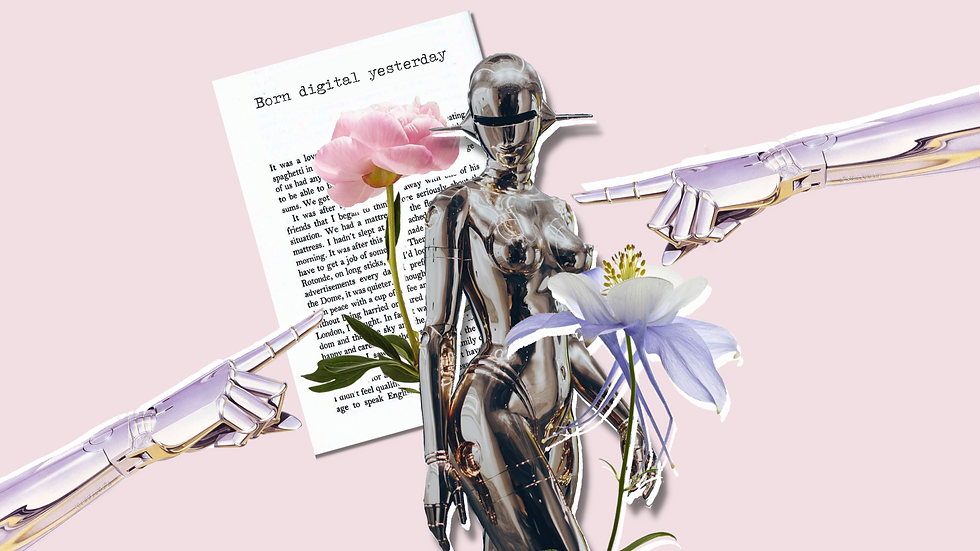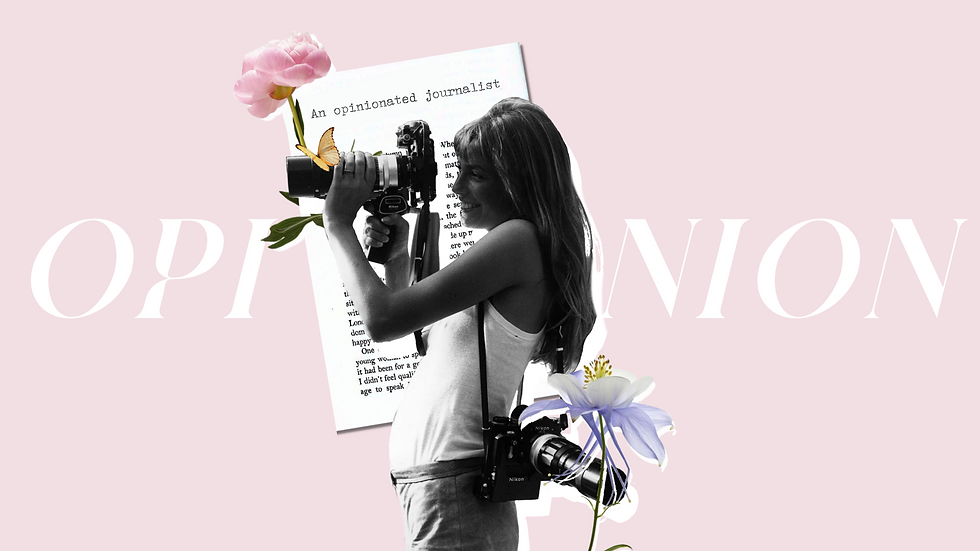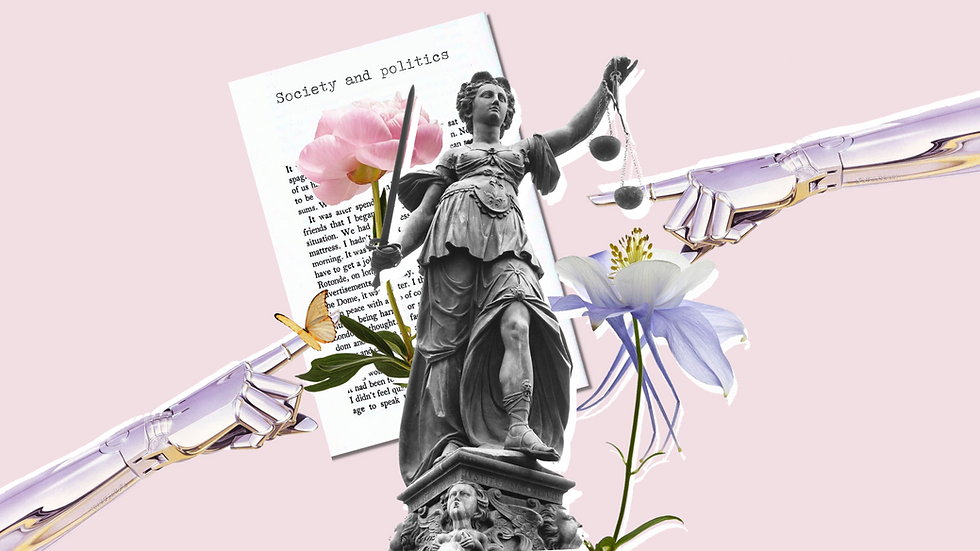BORN DIGITAL YESTERDAY
- Valentina Danaus
- 30 dic 2022
- 4 Min. de lectura

Text by Valentina Danaus, November 2022
Nosce te ipsum reads the Greek aphorism at the forecourt of the Oracle of Delphi. The expression, roughly translated as “know thyself” serves as a reminder of the key to acquiring knowledge and has resonated repeatedly in discussions over humanities studies.
The dichotomy between the self and the world can be categorised as an existentialist question, one of those that are far too big to have a solid answer and yet relevant enough to try. And although the days of the laconic preaching of Delphi feel distant and futile in a world that has grown to praise speed and practicality, sentiments such as this prevail over time and feel particularly necessary in the turmoil of the digital era.
Despite the normalisation of technology in our everyday lives, my confrontation with digital humanities has led to the feeling that from the role of the average user, the understanding of the digital world is very much in its infancy. As explored by author Matt Ratto in his conceptualization for critical making, the tension between social studies and technology is often spoken in terms of the digital as either an inhibitor of the human experience or as an artifice for its liberation.
This type of ominous language used when describing how technology can represent the end of the humanities strike me as a sign of a certain naiveté regarding the agency of technology and a lack of clarity about what defines humanities. In other words; a dissonance between the world and the self.
Coming from a mainly humanistic perspective and with a particular affinity to the exploration of the aforementioned big unanswerable questions, my naiveté manifested in the idea that the inclusion of the “digital” in the humanities could be a matter of choice. A preconception I now see as deeply flawed.
While reading Ratto the interdependence of the humanities with the digital became clear to me as the same ancient message about self-discovery took form through my headphones in the chant of singer-songwriter Fiona Apple saying “when you know yourself, you know life”. Something about the wording reminded me instantly of Rattos method of critical design and his experiments with the co-creation of technology. His approach of reconciling social life with a tangible understanding of how technology works painted an image in my head of little kids building a puzzle, exploring the line between their internal reality and the physical world.
In this way, this conceptual attempt to teach technology following the norms of social interaction brings attention to a common tension between technology and humanities; the questioning of how humanities can be useful for public service and if technology can supplement the human factor hence making us obsolete.
Its result, however—far from the apocalyptic cries reinforced in mass media about the dehumanisation of modern times — highlights instead the potential of what both disciplines can do for each other, and most importantly how they are already organically deeply intertwined.
Philosopher Zygmunt Bauman would narrate the transition from what he would define as a solid society into liquid modernity, defined by the volatile and fragile system of ideals and interpersonal connections. Theories such as this have been groundwork to explain how systematic changes in the physical world have a severe impact on the perception of the self and the concept of otherness.
Applied to the irruption of a digital world, what Bauman brings to attention is the danger of an unsupervised transition into a new social paradigm in which individuals have not been instructed to navigate. Which prompts the question of whether technology is quintessentially a divisive force against the values of the humanities, or have we just simply overlooked the need to teach people how to properly interact with it? I side with the latter.
In this sense, technology belongs with the humanities by virtue of having a key role in our mental architecture and in the networks that constitute our sense of self and the world. This process should not only be implemented in the humanities as a means to revamp what has been branded as outdated or impractical disciplines but from the deep understanding that it is amongst the safety of the studies of humanities and most specifically in the frame of academia where we can explore the depths of this tensions and assist the translation of the human into the digital.
In this sense, the willingness of the humanist is indispensable to fulfil the role of protecting and honouring the past without antagonising the bloom of progress, being vigilant of the implementation of values of empathy, inclusivity, and critical reflection in a process that can be void of human touch.
We could also argue that while the concern over the rapid technological replacement of human labour in the humanities is a valid point, from an academic perspective, the irruption of technology allows us to go to the root of human ingenuity, creating an opportunity to redefine the role of digital humanists and clarify their indispensability in the process.
The irruption of the digital in the humanities is therefore less of the merging of two opposite worlds and more the manifestation of the same eternal human instinct. Whether as echoed on the Delphi oracle or in the soulful lines of Fiona Apple the quest for understanding the individual responds to a text-book humanistic question that prevails untouched throughout the comings and goings of societal paradigms.
And as self-discovery is a never-ending mutable task, the role of the humanities to explore its complexities will never be complete and must adapt accordingly to the needs demanded by the changes in the environment. Technology can be a tool for this by elevating the potential of the humanities field and simultaneously allowing the quintessential humanist wisdom to be solace in this ever-evolving world. This odd pairing will surely take some time to fully manifest its harmony, but in the meantime, I will let myself marvel at the beautifully chaotic nuances of this mental rewiring. After all, we were just born digital yesterday.







Comentarios